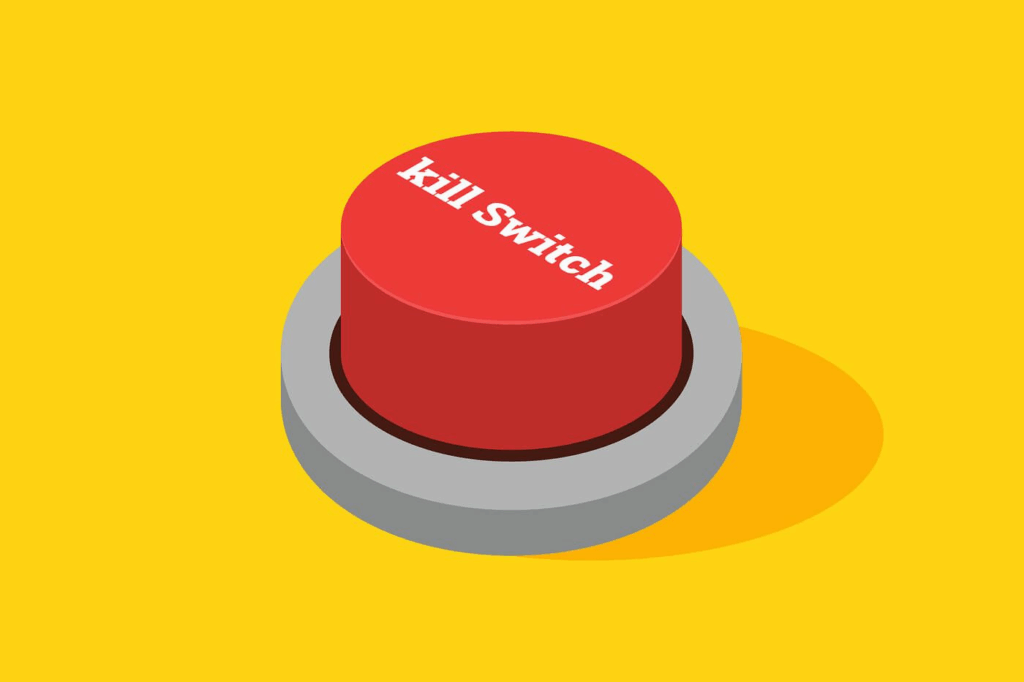📚 The crypto market is not just charts, candles, and news like “Bitcoin broke the level again.” It’s also a special language. Try entering any crypto chat – and you’ll quickly understand: people speak a mix of English, slang, and memes. A newbie might feel like a tourist without a dictionary in Istanbul: everything seems clear, but not quite.
To avoid confusion and not look “out of place,” here’s an extended crypto slang dictionary.
Slippage – price slippage
You place an order to buy a token at $1, but it executes at $1.05. What happened? That’s slippage. The lower the token liquidity, the more the price can drift. Especially noticeable on decentralized exchanges (DEX) with large orders.

Tip: always check allowed slippage in order settings.
Impermanent Loss – temporary loss
Classic DeFi. You added liquidity to a pool to earn fees. But while tokens are in the pool, one of them rises or falls sharply. The result: your assets in the pool are worth less than if you had simply held them.

Note: temporary losses become permanent if you exit at the wrong time.
Rekt – complete destruction
Slang for when a deposit is wiped out. For example, a trader opens a leveraged position on futures, the market goes against them – and the account is “zeroed out.”

Meme: “It doesn’t matter how smart you are. The market will always find a way to make you rekt.”
Bagholder – holder of “bags”
An investor who bought tokens at the top and now “sits on a bag.” The project failed, price fell, but the investor doesn’t sell, hoping for a miracle.

Joke: “Bagholder is not a profession, it’s a lifestyle.”
Degen Play – gamble without analysis
From “degenerate.” A risky bet “just in case,” usually with memecoins or tokens of zero-value projects.

Example: buy a coin with a dog picture for $500 “because it will surely pump.” Sometimes degens catch x100, more often they lose their deposit.
Exit Liquidity – exit liquidity
Newbies entering a token at the peak. Their money allows big players (“smart money”) to exit profitably.

Tip: if someone enthusiastically talks about the “token of the future,” you might be someone’s exit liquidity.
Phishing-as-a-Service (PhaaS) – phishing subscription
Scammers keep up with the times. There are ready-made services to buy phishing website templates and schemes to deceive crypto users.

Lesson: always check links and use hardware wallets.
Kill Switch – emergency button
A mechanism in a smart contract to pause protocol operations in emergencies.

Debate: safety vs. centralized “red button” against DeFi principles.
Bracket Order – bracket order
A trading tool to set stop-loss and take-profit simultaneously.

Note: available on both CEX and DEX.
New terms in 2025:

AI Token
AI Token – cryptocurrencies linked to AI projects.
RWA (Real World Assets)
RWA (Real World Assets) – tokenization of real-world assets.
Telegram Bot Trading
Telegram Bot Trading – trading via Telegram bots giving DEX access.
Restaking
Restaking – staked tokens participating additionally in other protocols.
SocialFi
SocialFi – financial activity in social networks, tokens tied to bloggers or posts.
Memecoin Season
Memecoin Season – mass meme coin pump periods.
On-chain Identity
On-chain Identity – digital identity on the blockchain.
Gasless Transactions
Gasless Transactions – transactions without user fees.
Intent-based Trading
Intent-based Trading – trader states an intent, system chooses the optimal execution route.
Modular Blockchains
Modular Blockchains – modular blockchains with separated functions across layers.
🎯 Why know this?
Crypto slang is not just memes but a practical tool. Behind each word are risks, strategies, and market specifics. The faster you learn crypto-speak, the less chance you’ll become a bagholder or someone’s exit liquidity.
Save this glossary. Use it as a cheat sheet. And most importantly – don’t become a bagholder or exit liquidity.
All content provided on this website (https://wildinwest.com/) -including attachments, links, or referenced materials — is for informative and entertainment purposes only and should not be considered as financial advice. Third-party materials remain the property of their respective owners.


